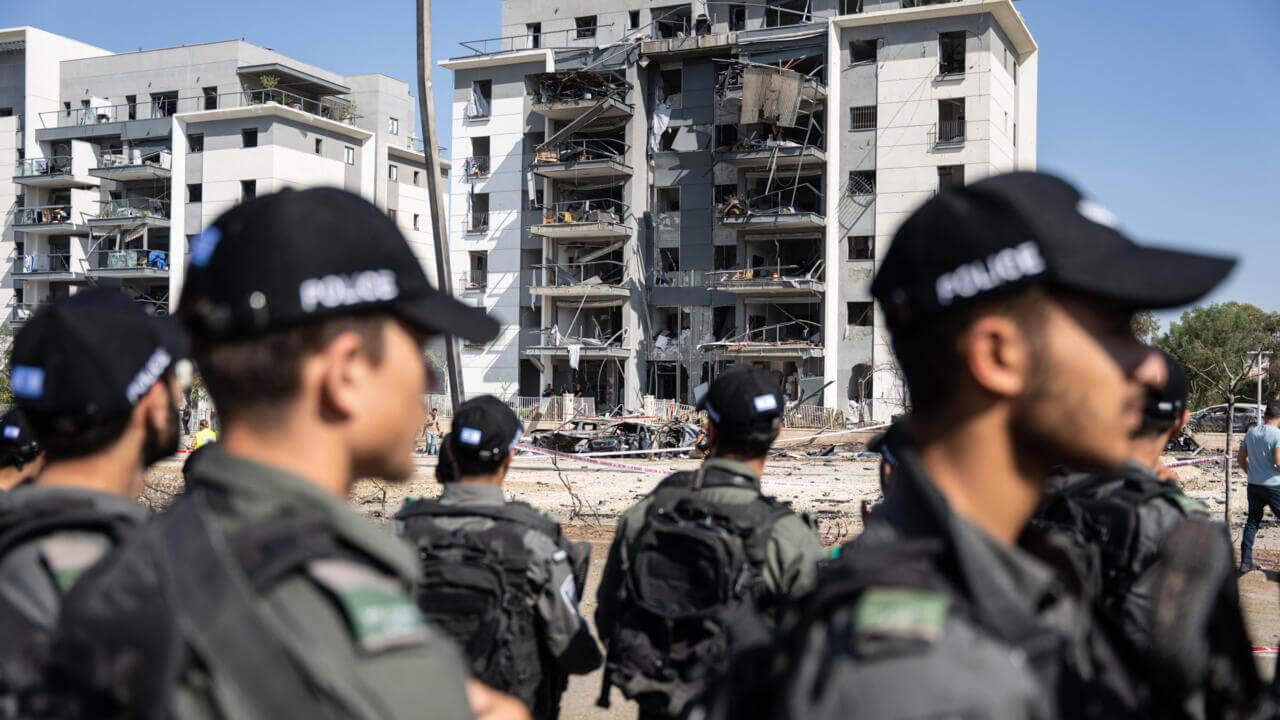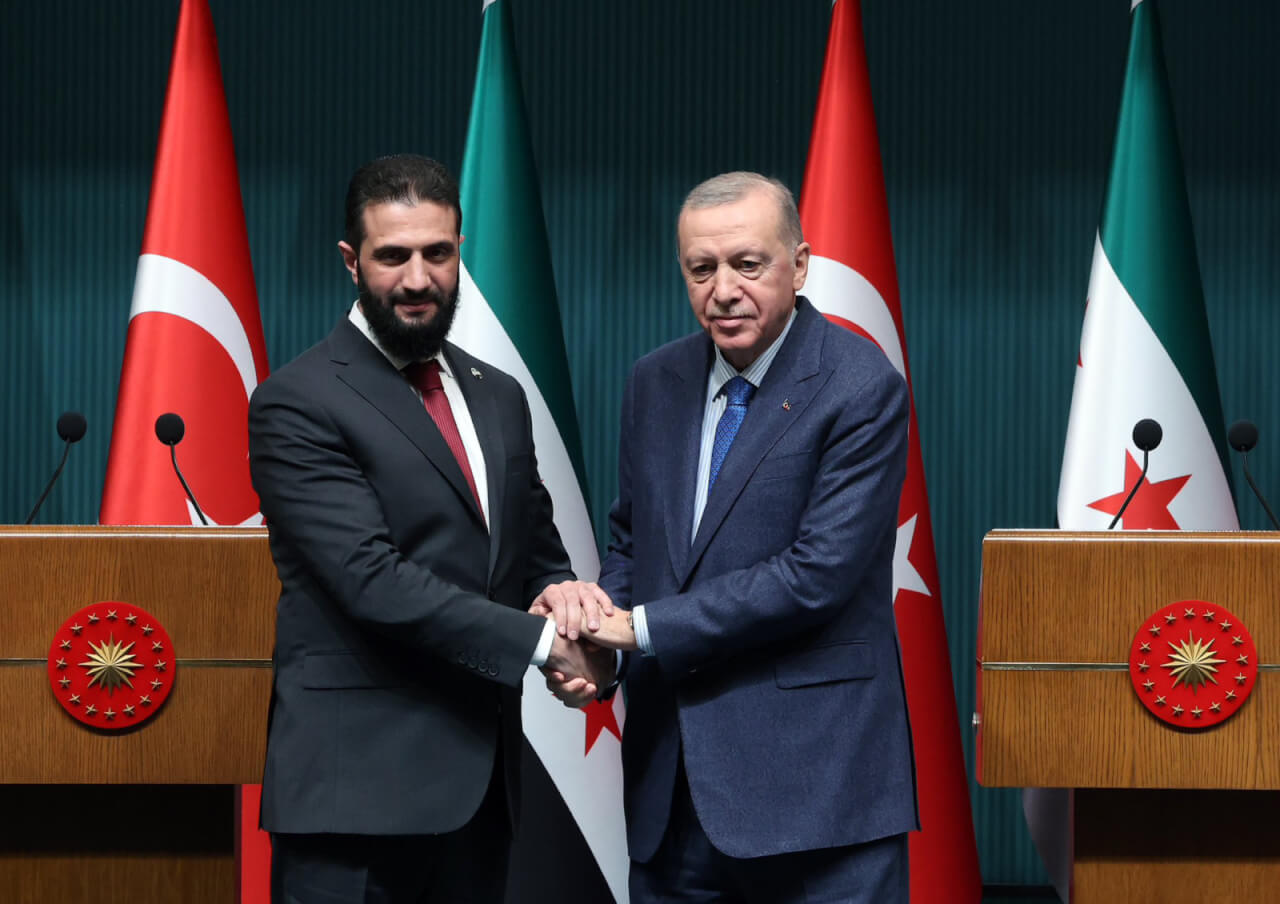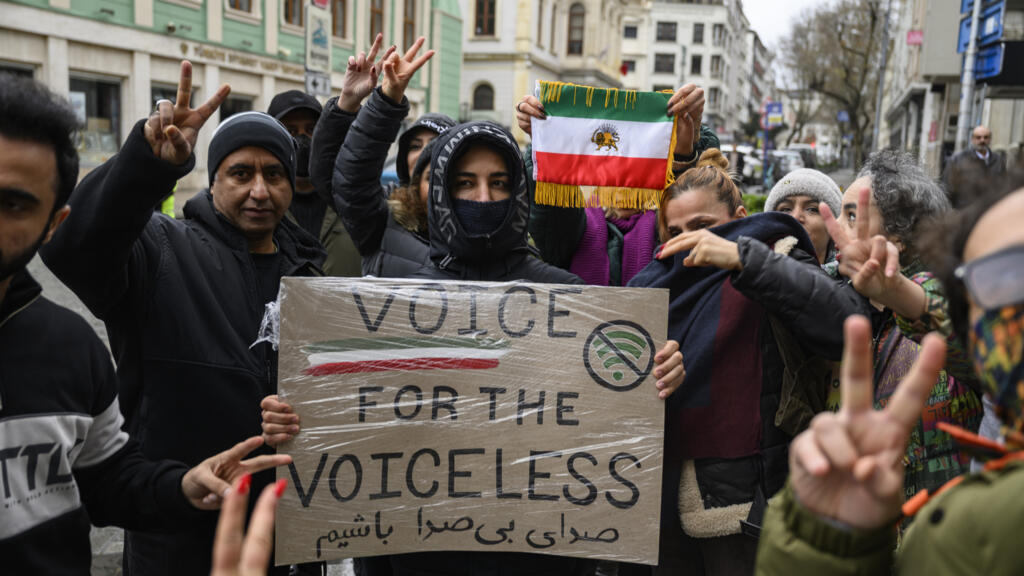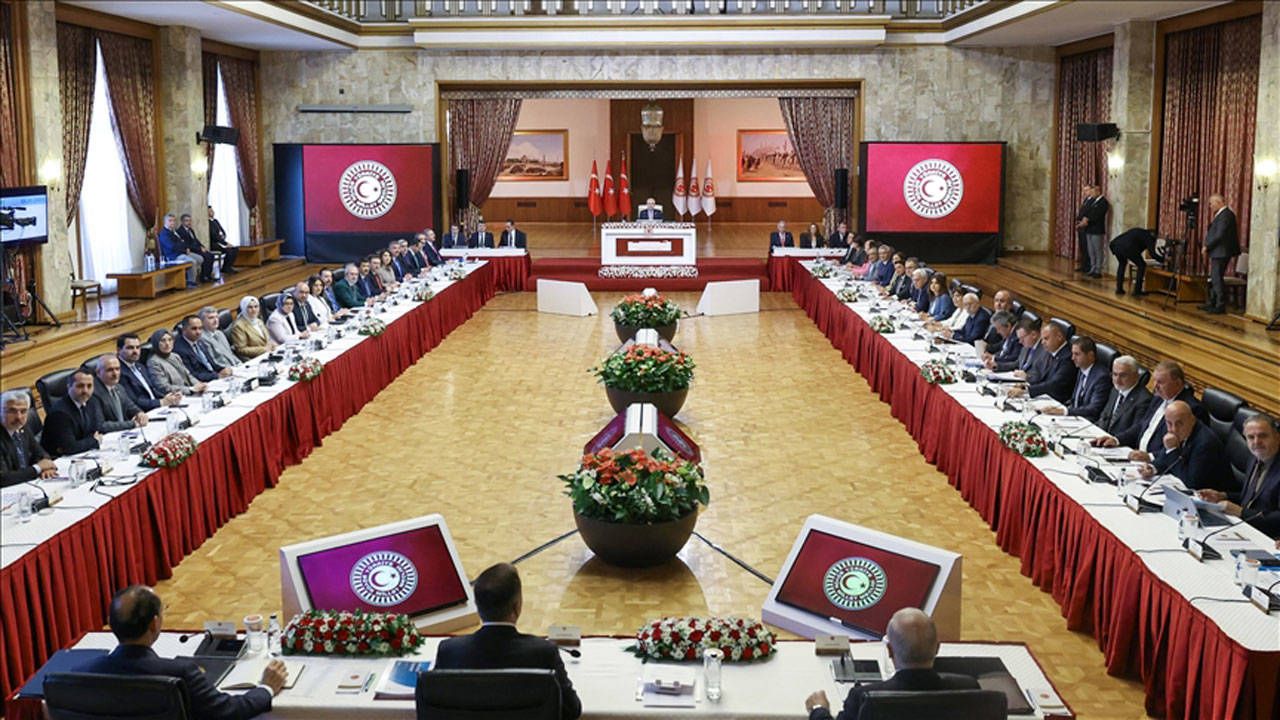“We shall defend our people with all the means at our disposal. We shall not allow any enemy to develop weapons of mass destruction turned against us. [If not,] another Holocaust would have happened in the history of the Jewish people. Never again, never again!”
The words in the title and the above quote do not belong to Israeli Prime Minister Benjamin Netanyahu nor address Israel’s recent Operation Rising Lion, a sophisticated military and intelligence campaign targeting Iran’s nuclear facilities, missile bases, key military personnel, and nuclear scientists. These words were reportedly Israeli Prime Minister Menachem Begin’s (1977-1983), following the 1981 strike on the Osirak nuclear reactor near Baghdad, Iraq, codenamed Operation Opera -Israel’s first anticipatory self-defense operation to prevent an adversary from acquiring nuclear weapons.
Thus, was born the Begin Doctrine; Israel’s strategic policy of preemptive action of self-defense, denying adversaries, particularly in the Middle East, the ability to acquire nuclear weapons or other weapons of mass destruction. Notably, Israel never targeted Pakistan’s nuclear program as it was driven by rivalry with India rather than hostility toward Israel. By contrast, Iraq, Syria, and Iran have repeatedly threatened to annihilate Israel.
At the heart of the Begin Doctrine lies the principle that Israel would not shy away from taking unilateral action if necessary, with or without the United States and even without international coordination or approval, to safeguard its security and to deter its adversaries. In 2007, Prime Minister Ehud Olmert (2006-2009) reaffirmed the centrality of this strategic principle when he ordered the destruction of Syria’s clandestine reactor after the George W. Bush administration refused to act.
The sense of “now or never”
Israel recently found itself in a similar position. The clock was ticking, the strategic window was closing, and the United States was reluctant to act, prioritizing diplomacy over force.
From the Israeli point of view, Iran was weaker than ever. Its proxy network -a projection of Tehran’s power and also a central shield for its security- had been shattered. Since Hamas’ deadly attack on Israel on October 7, 2023, the Israel Defense Forces (IDF) degraded Hamas’ military capabilities to the point that it no longer posed a significant threat. IDF also weakened Hezbollah and eliminated the threat of massive rocket barrages from Lebanon, which were much dangerous for Israel due to their geographical proximity. The collapse of the Assad regime dismantled over a decade of Iranian investment in Syria, a critical component of its so-called Axis of Resistance. Only the Houthis remained, but their missile capabilities have been eroded through American and Israeli strikes. Additionally, Israel’s previous strikes significantly weakened Iran’s air defenses, enabling the present operation to be conducted. The massive imbalance in intelligence capabilities and military power heavily favored Israel over Iran.
However, Washington remained focused on diplomacy -reviving the Joint Comprehensive Plan of Action (JCPOA) rather than “maximum pressure” on Iran- to avoid a new, never-ending war in the Middle East. President Trump prioritizes being remembered as the self-declared “world’s best peacemaker,” who struck “great deals” to make the world a safer place. Israel clearly experienced this tendency when Washington pushed for a ceasefire with the Houthis, even as they continued to attack Israel, leaving its ally alone on the battlefield. Ultimately, Iran felt little pressure to make concessions; instead, it sought to buy as much time as possible at the negotiation table.
Meanwhile, Israeli intelligence assessments pointed out that Iran’s nuclear program had reached a dangerous threshold, “approaching the point of no return.” On May 31, 2025, the International Atomic Energy Agency (IAEA) affirmed that Iran’s 60% enriched material is a short, technical step away from weapons-grade levels of 90%. On June 12, in an unusual censure, the atomic watchdog declared that Iran was in breach of its non-proliferation obligations. Additionally, CENTCOM Commander General Erik Kurilla warned on June 10, 2025, that Iran was “mere steps” from reaching weapons-grade uranium. Besides the IAEA’s report, the expiration of President Trump’s 60-day deadline for nuclear negotiations provided the legitimacy of Israel’s action while removing potential criticism that Israel was impeding Trump’s diplomatic initiative.
Furthermore, the Abraham Accords and its strengthened ties with Arab states may have given Israel the necessary confidence to address issues independently and take matters into its own hands, particularly as multiple conflicts and challenges fragmented the global focus. More significantly, the rules of the game in the Middle East have changed in the aftermath of October 7. Since then, Israel has experienced considerable success in unilaterally deploying its military capabilities to weaken Iran and its proxy network.
Beyond the headlines…
Historically, counterproliferation strikes have yielded mixed results. The 2007 Israeli strikes on Al-Kibar effectively halted Syria’s nuclear activities. But, the 1981 Osirak strike prompted Iraq to intensify its program. In both instances, Iraq and Syria’s nuclear programs were highly concentrated, in early stages of development, and heavily dependent on foreign assistance. This is not the case with Iran.
The highly dispersed nature and advanced state of the Iranian nuclear program, including the know-how they acquired, further complicates efforts to eliminate it exclusively through military means. Over the past three decades, Israel and its allies have conducted covert operations against Iran’s nuclear program, including cyberattacks like Stuxnet and targeted assassinations of key scientists. Yet, Iran has learned, adapted, reinforced, and accelerated its nuclear program.
Following any military strike on its nuclear sites, Iran not only has the requisite expertise but also has increased incentive to rebuild more fortified facilities. In other words, while military force may postpone progress, it ultimately fails to eliminate nuclear programs, turning delay into determination.
What lies ahead?
The future of Iran’s nuclear program depends mainly on the effectiveness of Israel’s strikes. Considering the dispersed and hardened nature of Iran’s nuclear facilities, Israel may face challenges in completely eliminating all components of Iran’s nuclear program without US assistance, which possesses the advanced Massive Ordnance Penetrator GBU-57, one of the few munitions effective against hardened targets.
If Israel’s strike fails to deter Iran, Tehran may withdraw from the Non-Proliferation Treaty (NPT) and accelerate its nuclear development efforts. Israel’s strikes, coupled with the possibility of a broader regional conflict, may lead Tehran to perceive an existential threat to its regime’s survival. This perception could, in turn, reinforce its nuclear determination as a means of self-defense and deterrence. This scenario could trigger a nuclear cascade, with Saudi Arabia, Türkiye, and Egypt developing their own arsenals, which could further destabilize an already volatile region and risk the Middle East crossing the nuclear Rubicon.
The future trajectory of Iran also depends on the international response in the region, as well as from Washington, Moscow, Beijing, and the wider international community. How Russia and China would react to a potential military involvement of the United States would radically change the script and reshape the international balance.
Israel achieved a strategic surprise despite the widespread expectation of a military attack against Iran’s nuclear program for years, showcasing its mastery of deception and psychological warfare. The strike was dramatic, assertive, and bold -yet it has not (at least so far) proven to be conclusive. Although Israel’s unilateral action is coordinated with Washington, it is bearing the brunt of the military burden. Can Israel sustain this tempo on multiple fronts? Can force alone prevent proliferation, or just postpone it? These are pressing questions.
Without coordinated diplomatic efforts and international cooperation, military action can only defer the inevitable. The complete disintegration of Iran’s nuclear program seems difficult to achieve for now, but the strike may yet force Tehran to accept Trump’s terms (aligned with Israel) for a nuclear agreement. Ultimately, whether this nuclear gamble delivers lasting security or fuels a more dangerous future will depend on what comes after the smoke clears.








